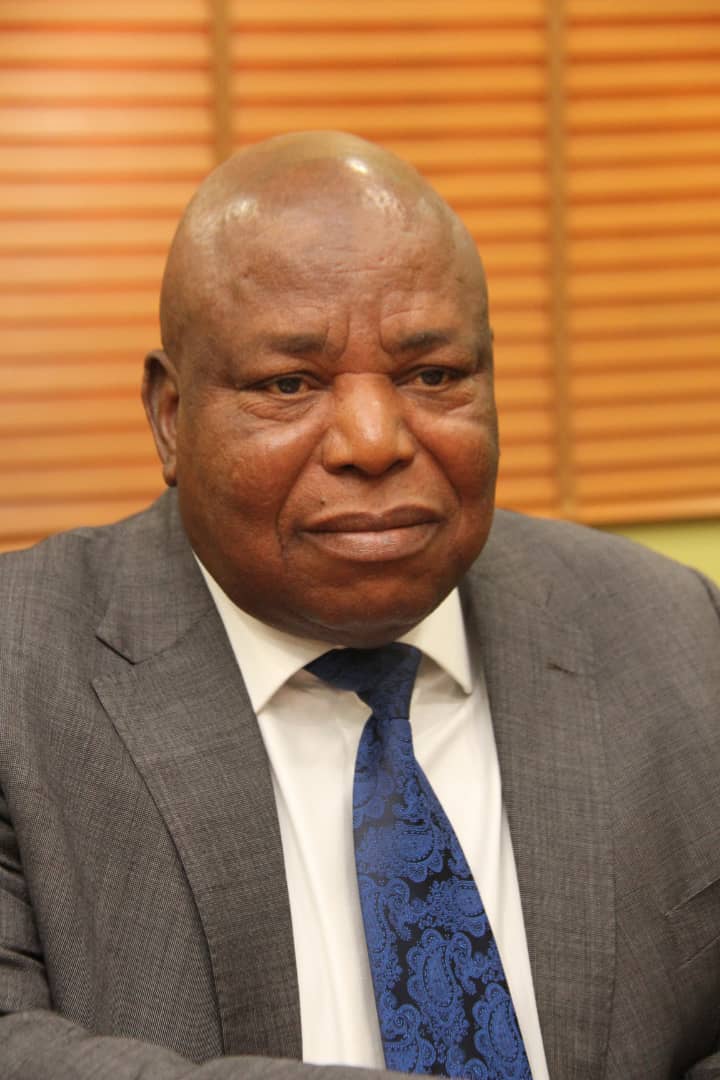The Acting Managing Director of the Niger Delta Development Commission,
NDDC,
Professor Nelson Brambaifa, has assured that the Commission will continue
to invest in the individual to secure and sustain development in the Niger
Delta region and the country at large.
Speaking at the launching of the report of Federal Government’s National
Social Investment Programme, NSIP, in Abuja yesterday, (Wednesday), Prof
Brambaifa underlined the need to develop human capital.
He stated: “While it is expected that the Commission will provide physical
infrastructures that meet the exigent needs of the people, following long
years of neglect, we are mandated to do much more. We are expected to
invest in the individual.”
The NDDC Chief Executive Officer noted that the most compelling logic
behind the National Social Investment Programme, introduced by President
Muhammadu Buhari as a strategy to improve the quality of life of the
Nigerians, was that the people constitute the wealth of a nation.
Prof Brambaifa said that impacting on the lives of the people would remain
the driving vision of the new management of the NDDC. He added: “On
assumption of office in January this year, we discovered that the
Commission stood at the crossroads. We were, and still remain, determined
to fashion another path that would bring development closer to the people
and improve their living conditions.”
He explained that one of the strategies adopted by the new management was
to quickly revive confidence in the commitment of the Commission to
facilitate sustainable regional development. According to him, the NDDC was
aware that it had a duty to take the people of the Niger Delta to the next
level of physical and social infrastructural development, which would
reverse the long years of neglect and poverty and change the unfortunate
narrative of the region.
Brambaifa said: “We have begun a process of reforms that would, again, make
NDDC a good brand name around the region. We are improving our processes,
putting the right officers in charge of duties in which they are more
suited, strengthening project implementation and financial instrumentation
and protocols, and being able to tell our stories, particularly the impact
of our interventions in the communities, better.”
He announced that the Commission had revived the Foreign Post Graduate
Scholarship programme and made it more effective and efficient, “because we
believe in building a new generation of professionals and skilled
workforce.”
He said further: “We are reviving our medical missions across the Niger
Delta, to bring free healthcare to the people. We are also empowering the
youths and women groups and offering opportunities for job creation and
employment.”
Brambaifa stressed the need to invest in agriculture. He, therefore,
declared that the NDDC would strengthen the traditional livelihoods of the
people, by investing in agriculture in ways that would make them
sustainable. “Some of our agriculture impact programmes will include
distributing and training women and youth on creating increased value to
palm kernels and oils. We will add value to popularly grown agriculture
products like cassava by distributing cassava mills and processing
equipment. We will enhance value in fish and fisheries,” he said.
The NDDC boss remarked that the Commission had started paying contractors,
on projects inherited by the new management. He noted: “We believe that the
fastest and most credible way to develop the Niger Delta is to provide
physical infrastructure and equip our people to properly manage them. And
so we are mindful to also provide intervention on roads and bridges, water
supply, electrification, shore protection and canalisation. In all these,
we are driven by the grand vision of President Buhari to build a country
which fulfils the expectations of all Nigerians, and meets their needs.”
Brambaifa said that fostering peace and the enabling environment for
investments, tourism and the greater wellbeing of the Niger Delta people
were equally important, “because no credible development can occur in an
unstable society.”
